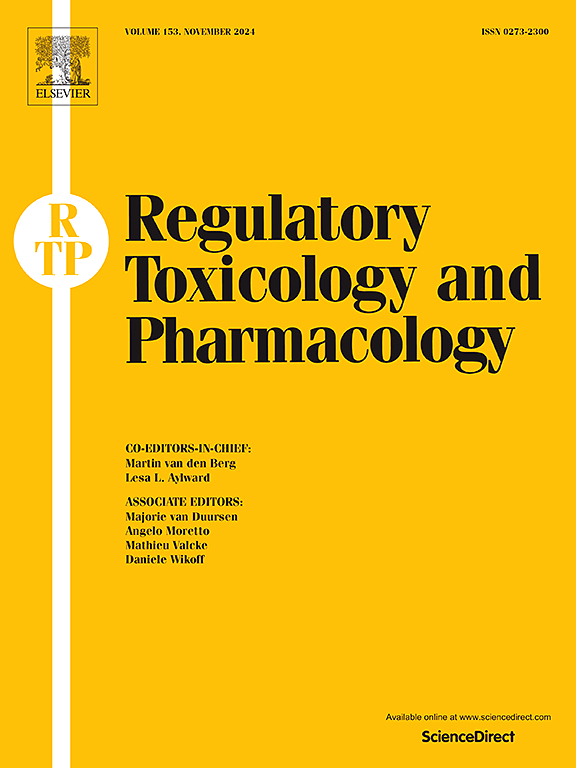Analysis of cellular and gene therapy product reviews in the United States
IF 3.5
4区 医学
Q1 MEDICINE, LEGAL
引用次数: 0
Abstract
The emergence of cellular and gene therapy (CGT) products has profoundly transformed healthcare by addressing previously unmet medical needs. However, developing these innovative therapies presents complex regulatory challenges that require thorough examination. This study aimed to identify strategies to mitigate potential delays or rejections in the CGT approval process. By analyzing review documents from the United States Food and Drug Administration, we found that quality concerns were the primary focus of Complete Response letters and postmarketing commitments, while safety concerns predominantly shaped postmarketing requirements, reflecting persistent uncertainties around CGTs. The unique characteristics of CGTs were also evident in their individualized clinical trial designs. Although the regulatory landscape is intricate, the increasing diversity of CGTs and accumulated experience have clarified key product-specific challenges. To facilitate approvals, it is crucial for applicants to address these deficiencies early, while we recommend that regulatory authorities re-evaluate the scope of utilizing postmarketing requirements. Enhanced collaboration among academia, industry, and regulatory authorities is essential to identify balanced, effective strategies, while continuous information gathering and monitoring are vital to ensure the safe, long-term administration of approved CGTs.

美国细胞和基因治疗产品评论分析。
细胞和基因治疗(CGT)产品的出现通过解决以前未满足的医疗需求,深刻地改变了医疗保健。然而,开发这些创新疗法带来了复杂的监管挑战,需要进行彻底的检查。本研究旨在确定在CGT审批过程中减少潜在延迟或拒绝的策略。通过分析美国食品和药物管理局的审查文件,我们发现质量问题是完整回应函和上市后承诺的主要关注点,而安全问题主要影响上市后要求,反映了围绕cgt的持续不确定性。cgt的独特特征在其个性化的临床试验设计中也很明显。尽管监管环境错综复杂,但cgt的日益多样化和积累的经验已经阐明了特定产品的关键挑战。为了便于批准,申请人尽早解决这些缺陷至关重要,同时我们建议监管机构重新评估利用上市后要求的范围。加强学术界、产业界和监管当局之间的合作对于确定平衡、有效的战略至关重要,而持续的信息收集和监测对于确保安全、长期使用已批准的cgt至关重要。
本文章由计算机程序翻译,如有差异,请以英文原文为准。
求助全文
约1分钟内获得全文
求助全文
来源期刊
CiteScore
6.70
自引率
8.80%
发文量
147
审稿时长
58 days
期刊介绍:
Regulatory Toxicology and Pharmacology publishes peer reviewed articles that involve the generation, evaluation, and interpretation of experimental animal and human data that are of direct importance and relevance for regulatory authorities with respect to toxicological and pharmacological regulations in society. All peer-reviewed articles that are published should be devoted to improve the protection of human health and environment. Reviews and discussions are welcomed that address legal and/or regulatory decisions with respect to risk assessment and management of toxicological and pharmacological compounds on a scientific basis. It addresses an international readership of scientists, risk assessors and managers, and other professionals active in the field of human and environmental health.
Types of peer-reviewed articles published:
-Original research articles of relevance for regulatory aspects covering aspects including, but not limited to:
1.Factors influencing human sensitivity
2.Exposure science related to risk assessment
3.Alternative toxicological test methods
4.Frameworks for evaluation and integration of data in regulatory evaluations
5.Harmonization across regulatory agencies
6.Read-across methods and evaluations
-Contemporary Reviews on policy related Research issues
-Letters to the Editor
-Guest Editorials (by Invitation)

 求助内容:
求助内容: 应助结果提醒方式:
应助结果提醒方式:


